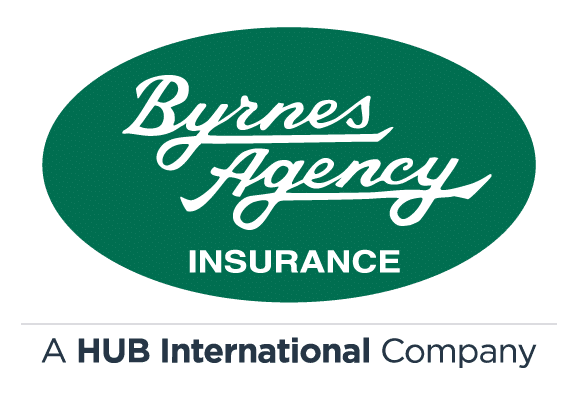Umbrella vs. Excess Liability Insurance (There’s a Difference!)

 When it comes to purchasing umbrella insurance or excess liability insurance, most people tend to confuse the two and reference them interchangeably. However, there are major differences between the two that can impact the choice behind which direction to go for your business.
When it comes to purchasing umbrella insurance or excess liability insurance, most people tend to confuse the two and reference them interchangeably. However, there are major differences between the two that can impact the choice behind which direction to go for your business.
A real umbrella policy will include a deductible in the coverage form, but doesn’t necessarily cover more than one coverage. Umbrella and excess liability insurance policies are used to boost the underlying policy limits. Even if your business carries the standard limits for general liability insurance, there might be a moment where a settlement from a claim against your business is more than your policy limit.
Read on to understand the difference between the two types of insurance.
Major Differences Between the Two
Umbrella liability is a type of liability coverage which provides extra limits over the underlying liability. A major positive that the umbrella policy has is that may supply additional coverages not otherwise included in the liability policy. Umbrella policies can also broaden the business insurance liability so that any gaps in coverage are minimized or completely taken out.
Excess liability insurance, like the kind of coverage that can be found through Byrnes Agency, provides extra limits over the underlying liability policies, but with more limitations. There may actually be more restrictions in the excess liability insurance policy than what’s included in the underlying liability policy. This kind of insurance incorporates and follows all the limits of the underlying policies, but usually does not supply any extra coverages that the underlying policy may be without.
Necessary for Businesses to Have Coverage
Whichever coverage you choose for your business, it’s important to know that both provide extra protection against claims by others. This includes personal injury or property damage for which you become legally liable and responsible for, non-business-related liabilities, such as false arrest and libel, and defense costs for attorneys if a court case comes up.
In general, umbrella policies may be more flexible and suitable for businesses as compared to excess liability policies. An umbrella policy has a more broad form and doesn’t follow policy forms. This coverage can provide added insurance for the gaps in coverage that were overlooked in policies. Excess liability policies follow the forms of the underlying policies and doesn’t go any further.
When claim costs begin to grow, it’s important to note that it’s helpful to check in on both of these insurance programs when it comes to added protection for your business. Policy limits usually rest around $1 million, but can be much higher depending on liabilities.
About Byrnes Agency
At Byrnes Agency, we offer insurance solutions that can be tailored to meet your specific needs. Whether you’re looking for personal policies or commercial coverage, we have the right coverage for you. To learn more about our products, contact us today at one of our two locations.
If you’ve enjoyed what you’ve read here and would like to know when we’ve published a new blog post, please “like” us on our Facebook page, and share this with your Connecticut neighbors.
Phone: (860) 774-8549
394 Lake Rd
Dayville, CT 06241
United States
info@byrnesagency.com
Hours of Operation: Monday- Friday 9:00am-5:00pm
Phone: (860) 886-5498
6 Consumers Avenue
Norwich, CT 06360
United States
info@byrnesagency.com
Hours of Operation: Monday- Friday 9:00am-5:00pm
Tags: Excess Liability, Excess Liability Insurance, Excess vs. Umbrella Liability Insurance, Umbrella liability, umbrella liability insurance
